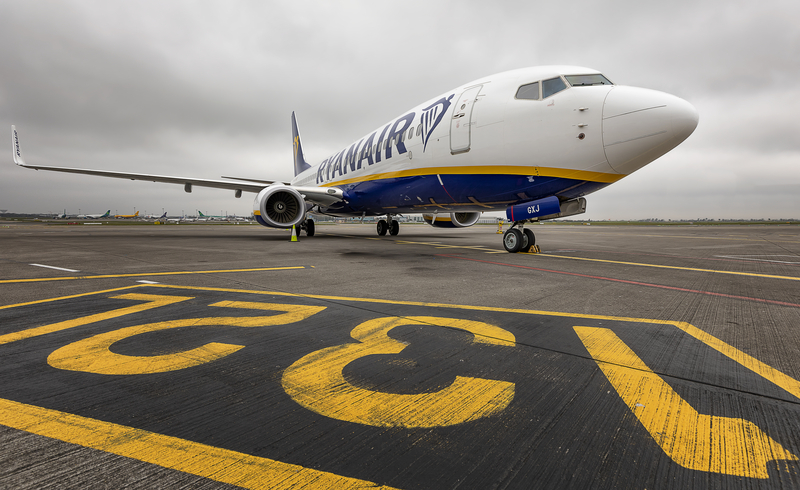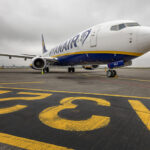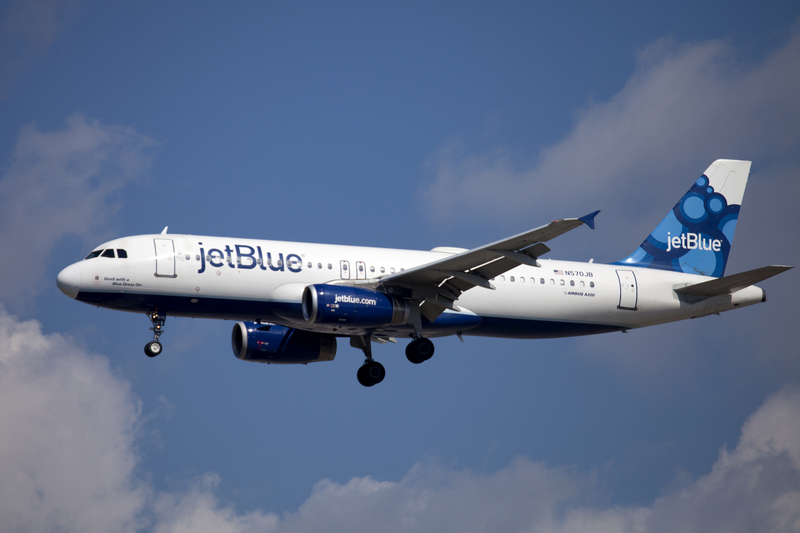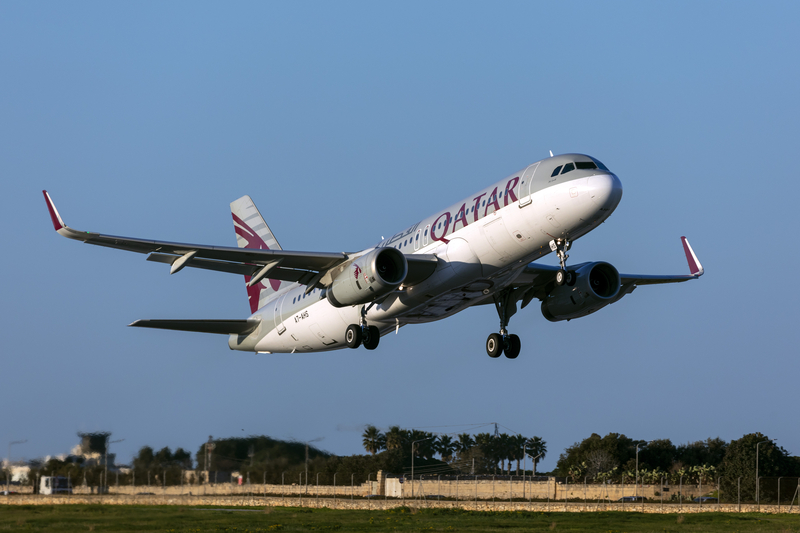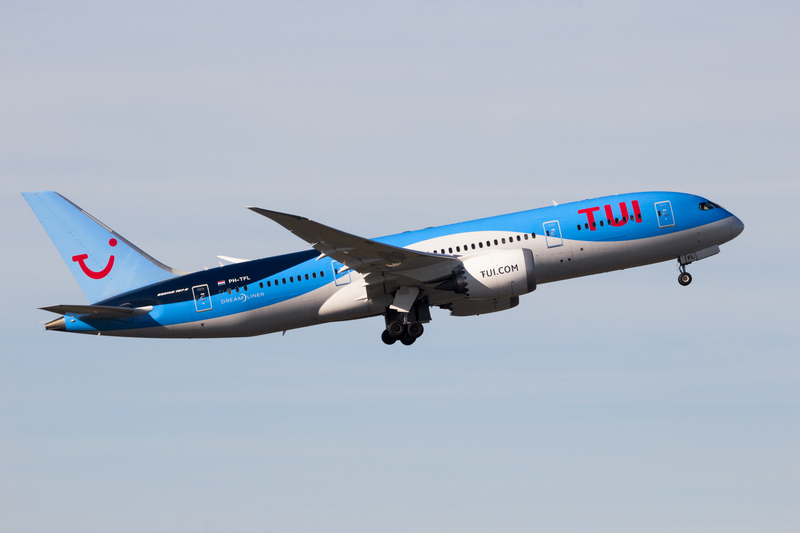Ryanair Penalized at Eindhoven: Two Summer Slots Pulled After Repeated Delays
Ryanair has lost two landing slots at Eindhoven Airport for next summer after regulators concluded the airline repeatedly failed to operate on time. The decision targets specific late-running services and marks an unusually firm move by the Netherlands’ slot coordinator, signaling that punctuality is becoming a harder requirement at capacity-constrained airports.
Why Ryanair lost the slots
Airport Coordination Netherlands (ACNL), the body that assigns takeoff and landing slots, reviewed Ryanair’s on-time performance on two routes and found a consistent pattern of late arrivals. The flights involved were a Monday evening service arriving from Sofia and a Thursday evening service arriving from Pisa. Because those flights repeatedly missed their scheduled arrival windows, ACNL removed Ryanair from both slots for the summer 2026 timetable.
Slot rules exist to keep airport operations orderly and safe. When an airline repeatedly arrives outside its allocated window, it creates knock-on delays for other carriers and strains gate, runway, and staffing plans. ACNL’s action indicates it believes the issue wasn’t a one-off disruption, but a reliability problem tied to how the flights were scheduled or operated.
A rare penalty with a clear message
According to local reporting, this type of punishment is not common. Slot coordinators typically work with airlines to resolve performance issues, because removing slots is disruptive for both carriers and airports. Pulling two slots outright suggests ACNL wanted to make an example that persistent lateness has consequences, even for Europe’s largest low-cost operator.
It also reflects how tight summer schedules have become. With strong demand and limited capacity, airports have less room to absorb chronically late flights. In that environment, punctuality isn’t just a service metric — it’s a condition for keeping access.
What it means for Ryanair’s summer schedule
Losing those slots doesn’t threaten Ryanair’s broader presence at Eindhoven, but it does force changes on the affected routes. The airline will now have to either:
-
shift those flights to different times, if alternative slots can be secured,
-
route them through another airport, or
-
drop the services for the season.
Because the removed slots were evening arrivals, replacing them may be difficult. Evening windows are often the most constrained, and any substitute may come at less convenient times for passengers or with weaker aircraft utilization for the airline.
Impact on passengers and the airport
For travelers, the immediate effect is simple: those exact flight timings won’t be available next summer under Ryanair’s schedule. Passengers who typically relied on the Monday Sofia or Thursday Pisa services may see fewer options or less favorable departure times.
For Eindhoven Airport, the move helps protect operational reliability. An airport that enforces punctuality rules can reduce cascading delays across its network, particularly during peak summer months when stand availability and runway throughput are stretched.
The bigger takeaway
This decision is a small cut in slots, but a big signal. Regulators are showing they will act when airlines repeatedly miss their assigned windows. For Ryanair and other carriers operating ultra-tight turnarounds, it’s a reminder that building schedules with minimal buffer can backfire — especially at airports that are increasingly willing to defend their slot discipline.
If this approach spreads to more coordinators across Europe, airlines may need to rethink how aggressively they timetable late-day flights that are vulnerable to daily delay creep.
